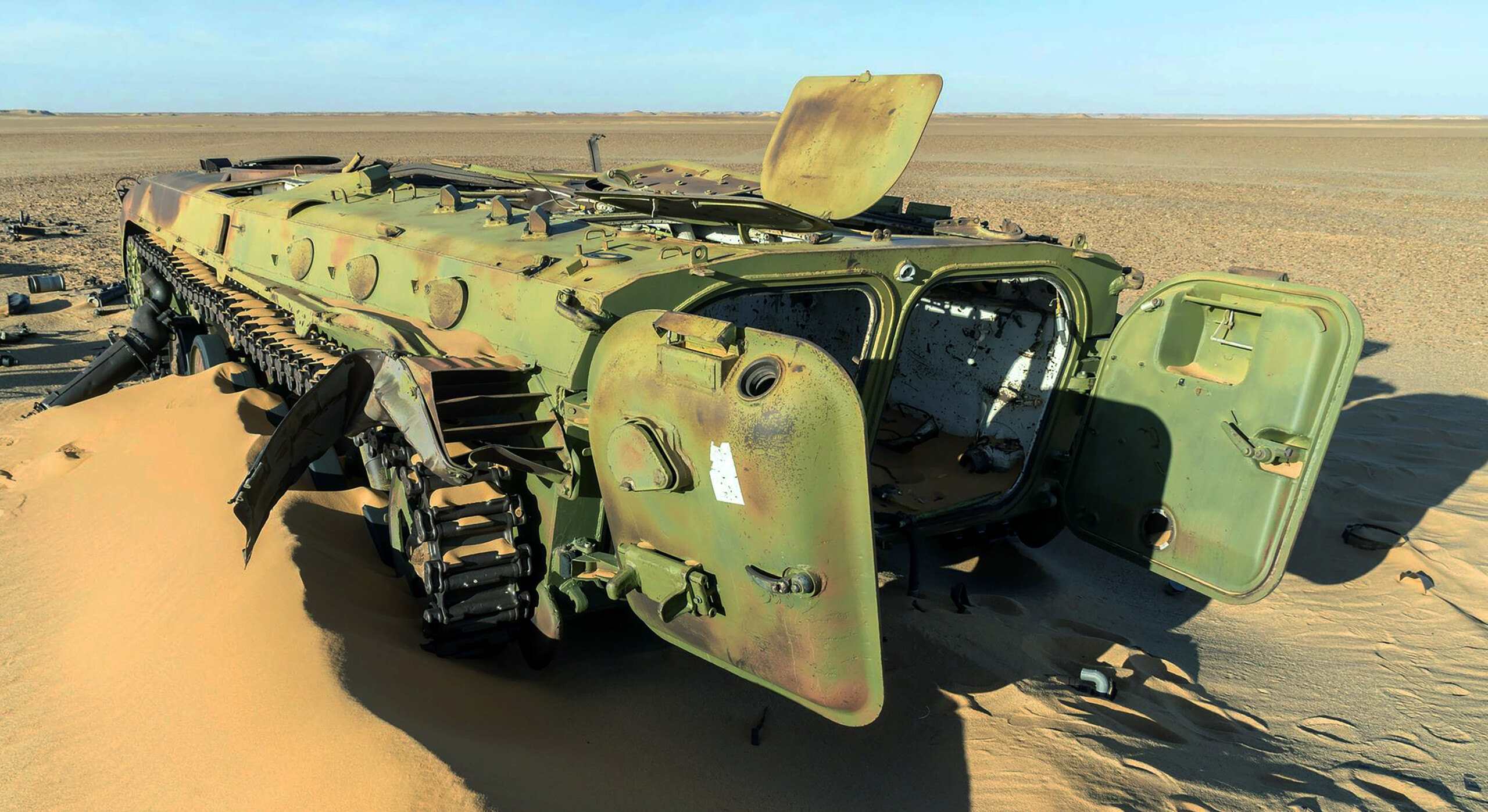Peace between North-Western African countries and jihadists?

Peace between North-Western African countries and jihadists?
The Sahel (transitional region between the northern Sahara Desert and the southern Sudanese savanna, ranging from west to east of the North African coast) has for a long time been a level playing field for terrorist groups to promote violence and insecurity. In 2017, many of these groups decided to merge under one banner, creating a unified group called Jama’at Nasr al-Islam wal Muslimin (Group to Support Islam and Muslims), abbreviated JNIM. JNIM serves as a branch of Al-Qaeda and is based in Mali (Gaffey, 2017). In the last decade, French military operations have continuously tried to minimize the threat of terrorism in its ex-colonies (Browne, 2018), but countries like Mali, Burkina Faso, and Niger have still faced the wraths of armed groups through kidnaps (Mednick, 2020a), displacements, and famine at the borders of the three countries (United Nations, 2020; Famine Early Warning Systems Network, 2021).
International cooperation has been a must in these countries’ efforts to fight back against the rise of terrorism in the region and to avoid JNIM becoming a heavily armed group similar Al-Shabaab, another Al-Qaeda terrorist branch based in Somalia, Eastern Africa. Indeed, JNIM in West Africa reportedly commands “only” 800 fighters, while al-Shabaab was believed to have between 7,000-9,000 in 2017 and between 4,000-6,000 in 2018 (Browne, 2018).
Joint operations between the Ivory Coast and Burkina Faso have successfully destroyed terrorist bases in Burkina Faso. Operation Comoe rewarded the two countries by neutralizing 46 suspected terrorists, 38 of which were captured and handed over to the relevant intelligence services (Africa News, 2020). Such military operations have, however, not always been fruitful. On the contrary, recent allegations have been made, claiming that a French air strike targeted towards a meeting held by the terrorist branch of al Qaeda “Katiba Serma” on January 3, 2021, in Mali, killed 19 civilians, who met up for a wedding (Le Monde, 2021). While the bombing did successfully kill three suspected terrorists, it also questions the efficiency of the methods used by some major military nations in their war against terror, especially, when minor military nations, such as Burkina Faso and the Ivory Coast have used more precise and less cruel actions with more efficiency, whilst aiding and rescuing civilians, bystanders, and victims of terror.
On the contrary, the Burkina Faso government has started engaging in talks with jihadist groups in northern Sahel and has reached a ceasefire agreement between all involved parties. With thousands of people falling victims of both terrorism and the war on terror, and millions more having their lives negatively impacted by them, the government decided that only through discussions and by laying down weapons could the security crisis be ended (Ross et al, 2021). Even though the government remains publicly opposed to such negotiations, a position backed by France who has over 5,000 fighters in the region, local leaders in northern Burkina Faso have expressed their need for reconciliation, peace, and reintegration between the jihadist fighters, the local population, and the central government (AFP, 2021). They have led talks with jihadists and government representatives, as they hold little trust towards the army, the terrorists, and volunteer fighters. Indeed, disappearances from arrested civilians have been reported, while public infrastructures such as hospitals and schools have been destroyed (International Committee of the Red Cross, 2020).
Jihadists were known to go to the market to shoot at the population, while the army would classify civilians as terrorists if they spoke to the local terrorists, which could lead to their arrestation. Therefore, a ceasefire will allow civilians to re-engage in normal day-to-day activities (Mednick, 2020b). Setting aside destructive weapons, such as terrorist automatic-rifles or France’s bombs would also allow for local communities to rebuild their cities and lessen the toll war-induced famine has created.
The Covid-19 pandemic has undermined the government’s support and authority in the volatile region of the Sahel. Terrorist organizations have capitalized on the weakness of the surrounding states to continuously launch attacks against both national and international armies, while locals have been depending on the incoming relief packages brought by international organizations (United Nations Security Council, 2020). The logistical support has been lacking in the region to provide rations and healthcare, and the need for additional infrastructures to prevent the spread of the disease has aggravated the already serious humanitarian crisis (Coleman, 2020).
Violence has become a common theme in Burkinabe lives. Jihadist groups have become an attractive prospect for a better life, when the local and foreign governments fail to help the local population, and sometimes even act against them. Pacifist militants have emerged, encouraging others to not give in to terrorism (Deutsche Welle, 2021), but the future seems bleak for countries where the children are too scared or endangered by going to school, and where the adults are killed either by bullets or diseases (Mednick, 2020c).

Article by
Alexandros Messimeris

Categories
Africa, Anti-terrorism, Burkina Faso, Categories, Conflict Resolution, Countries, News


